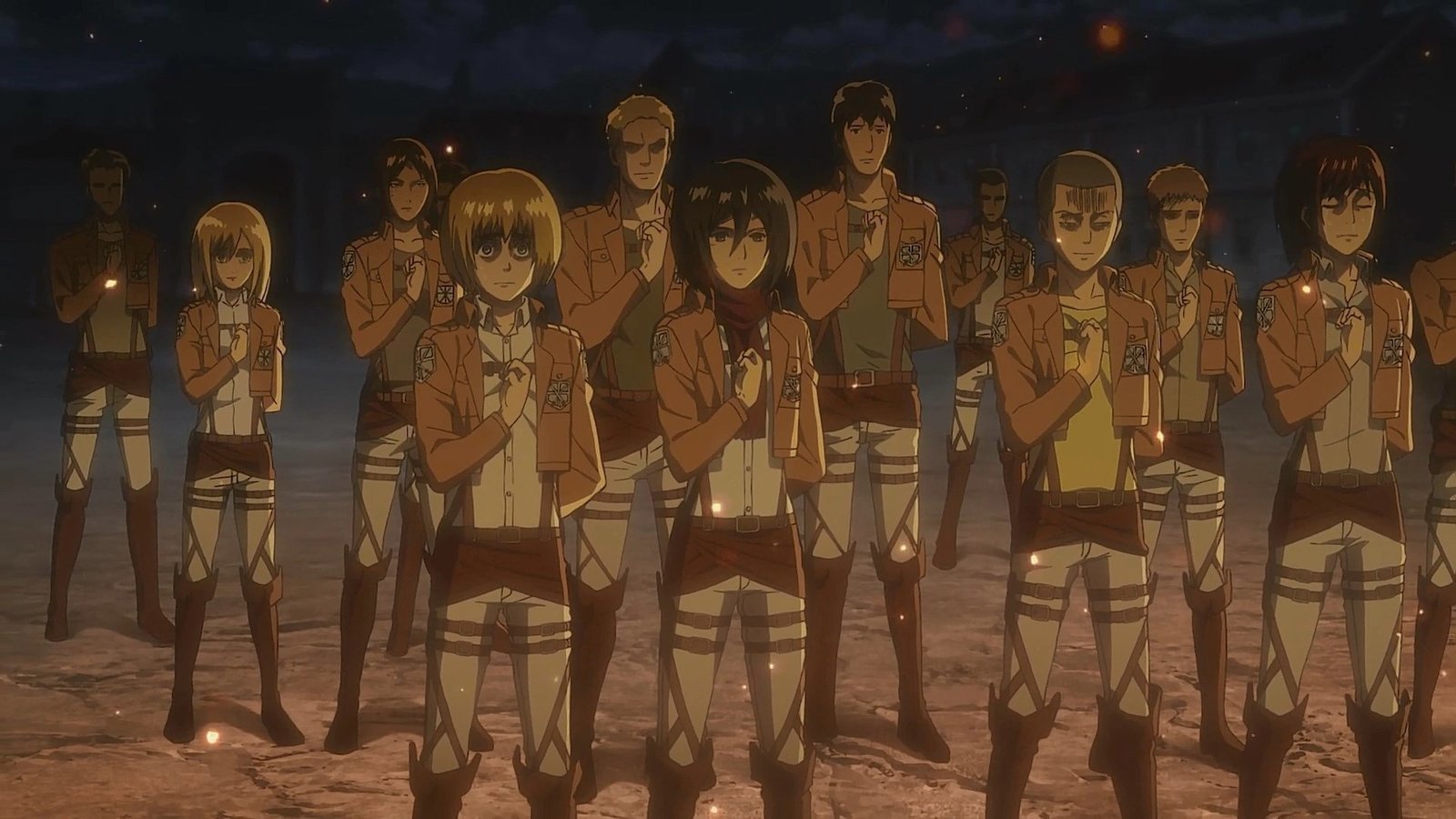Loyalty – something impressed upon us since young. Loyalty to the spouse, to the company and above all to the country. The Oxford dictionary defines the word ‘loyal’ as giving or showing firm and constant support or allegiance to a person or institution.
Yet other than the loyalty to spouse, which we often swap with the word faithfulness instead, much of the loyalty mentioned is a top down approach. Loyalty to the company or to the country is often expected of the lower mortals, demanding their unquestionable allegiance to the higher power. Today’s article on loyalty will exclude the loyalty to spouses, because where love is concerned, it is another topic altogether.
In the movies, we always see characters displaying extreme loyalty to their bosses, be it on the hero side or the villain side. A loyalty to stand with their masters no matter their masters’ actions, a loyalty to go against overwhelming forces and ultimately a loyalty to the death, expecting no return for a life offered wholeheartedly without reservations.

That is what the higher powers try to instill upon us. To give up everything for our masters, whoever it may be. Loyalty to the company who treats us like family, to do over time without being too calculative, to place the company’s benefits over ours. For without the company, our jobs will not exist. A loyalty to put in the extra hours as the company marches forward, and a loyalty to take a salary cut as we tide over bad times as one. The company and the staff exist as one body. Japan has that culture, where employees stay with the company for life. Singapore in the 1970s and 1980s also had that culture, where those who changed jobs frequently were frowned upon and labelled negatively as ‘job-hoppers’.
Unfortunately life does not work that way now. People’s eyes are opened. Loyalty works both ways. Granted there are always that few oddballs who behaved like the characters in the movies, but to meet someone loyal to us like that is our good fortune which generally do not happen to us.
In my article on war preparation, I mentioned that diplomacy is not just pure talk and goodwill, but also a series of trades and concessions given to each other. How much does one have a hold on the other party, how much does one depend on the other etc. The stronger your hold, the more loyalty and friendship you will have.
Benefits Of Loyalty
People are loyal only because there are things to be gained, even though many times the poor lower mortals are played out and squeezed dry for the benefits of those in power. The things to be gained need not be money. It can be something really simple. To get hold of the loyalty of others, one must understand what is critical and important to them. To the subordinate, perhaps it is knowing that the boss dares to take responsibility for the team and his guidance to the staff. To the employee, maybe it is a decent salary and welfare to show that the organisation cares. To the countrymen, perhaps it is the environment to properly work in peace and progress as an individual, that is why the countries always sell a dream to their citizens. Citizens generally do not care who is in power. They just want peace.

Many of us have subordinates under us at work. Every staff directly under us have something which is important to them. Is it flexible working hours, is it salary, is it recognition? Depending how many layers of staff are under you, you may not know each and every one of them personally. But setting a good overall work culture will be a boost to the morale of your subordinates and consequently, aid you as you progress up the career ladder.
How about customer loyalty and even supplier loyalty? For those of us who are doing either freelancing or business, this is something that we have to deal with. Customer loyalty will ensure that they will come back to you again for their needs, and supplier loyalty will ensure that they continue to provide you with good quality items and good after-sales follow up.
I once work for a noodle shop, where the noodle supplier originally charged $1 per kg of raw noodles. To save cost, the boss kicked out the original supplier and took in another, who supplied noodles at $0.90 per kg. However, after the change, the chef kept on complaining that the new noodles were not fresh and were often not delivered on time. Think about it: a noodle shop having either stale noodles or having no noodles at all, just to save $0.10 per kg of noodles. The supplier knows that as long as it is cheap enough, the noodle shop will continue to buy from it, that is the basis of the noodle shop’s loyalty to the supplier. But in exchange, the noodle shop has to worry and be frustrated over so many more things.
Loyalty is not something we can hold in our hands or measure with the metric system. But through our actions, we can gain the loyalty of those who have dealings with us. Often, loyalty is not like what you see on television. Just like diplomacy, you always have to let the people know that as long as they are on good terms with you, they will benefit overall. The day you cannot provide them with the benefits they want, is the day they quickly lose their loyalty. Those who cannot keep up, or those who could not be bothered to, cannot go far.
Punishments For Disloyalty
But just providing only the carrot is not sufficient. Afterall, there are always people who take what you have to give without gratitude. Prolonged privilege becomes a right, and only giving benefits to others will only make them self-entitled and behave as if you owe it to them. For every cent worth of carrot you give, there has to be an inch of the stick to back it up.
We go back to our daily lives. As superiors, we can treat our subordinates well. But if they do wrong, we have to advise, scold, warn or even take action against them depending on the severity of their mistakes. For businesses, if the suppliers do not hold up their part of the deal, then we will simply send a message across to them by cutting down the transactions with them, even if in the short term we have to suffer.
Since we are not living in the ancient times where those who have the power can just execute others, it is natural that there will be some people who do not care about your punishments. There will be workers who are simply lazy despite multiple warnings and even punishments, or suppliers who just do not bother about rectifying their errors. In this case then there is no choice but to cut them off. If we do not cut off a rotten piece, it will spread to the other healthy and good pieces. As a leader, no matter how small you are, people are looking at you and calibrating their actions based on how you react to different situations.
It is necessary to send reminders every now and then to tell them what is expected of them and what is the line they should never cross.

The caption above translates to: I am able to shield you from the wind and the rain, and also able to block you from seeing the light of the day.
Of course, we are not in the movies. Neither do we have the power to execute such violence. But we can scale down the logic to apply it within the boundaries set for us. Loyalty is not dropped down from the sky. It has to be actively maintained through a combination of the soft and the hard, through a balance of the carrot and the stick. This applies from the way US play their politics all the way down to how we treat our subordinates.
Loyalty is about tying others together with you on the same ship. Everyone gets to glory together, and everyone sinks together. But to those who eat without contributing, or to those who tries to sink the ship, it is necessary to punish and throw them off the ship if need be to make them an example. As a leader, it is our job to know how to do this well.
Showing 1 - 3 out of 3
Page 1 out of 1
| - | Shop Products | Price | |
|---|---|---|---|
|
|
$99,999.00
|
||
|
|
$1.00
|
||
|
|
Price range: $69.00 through $99.00
|


